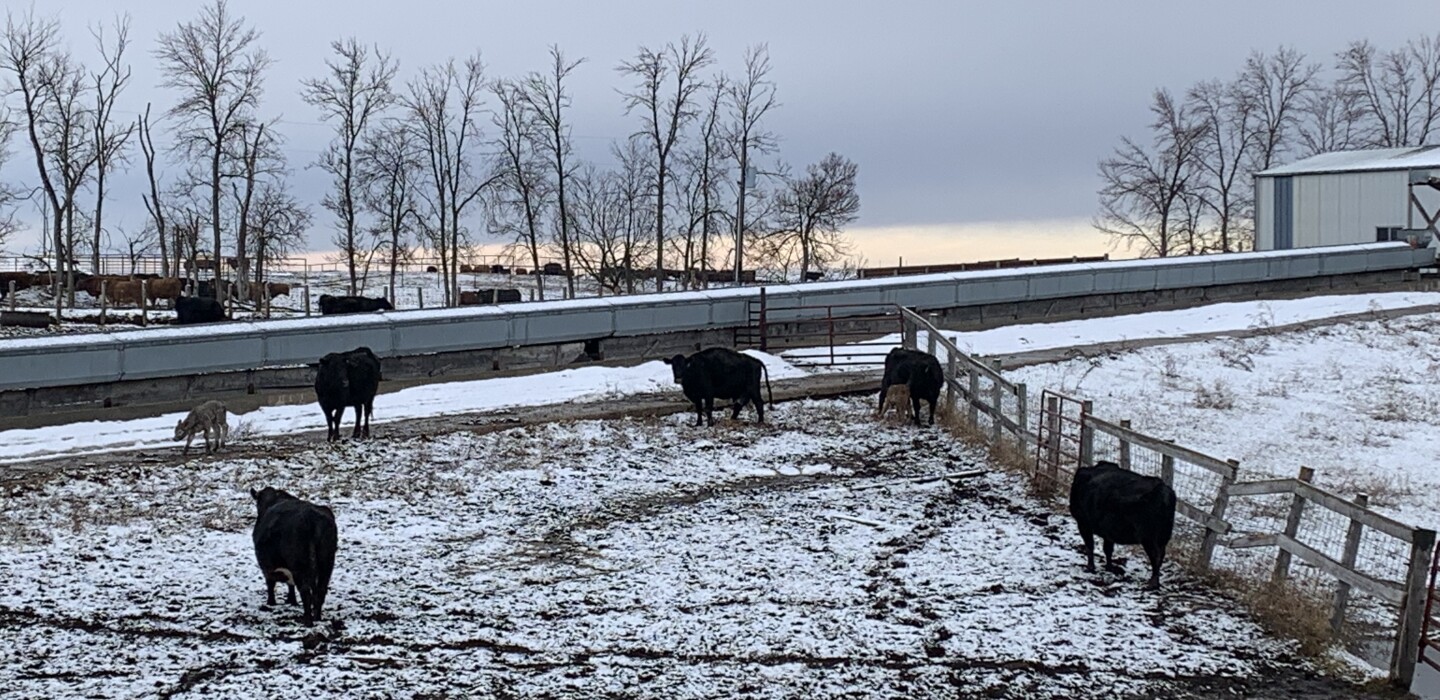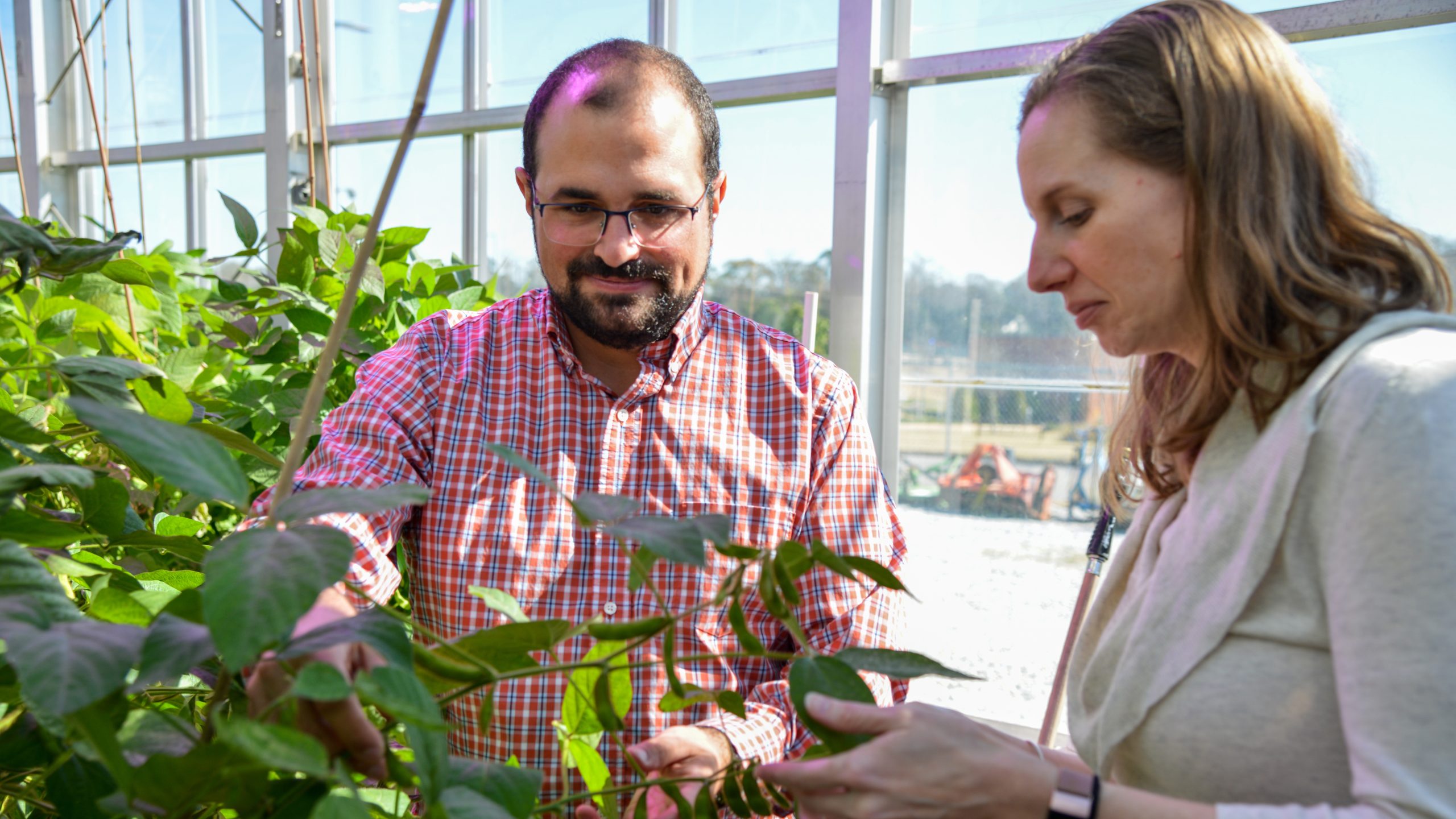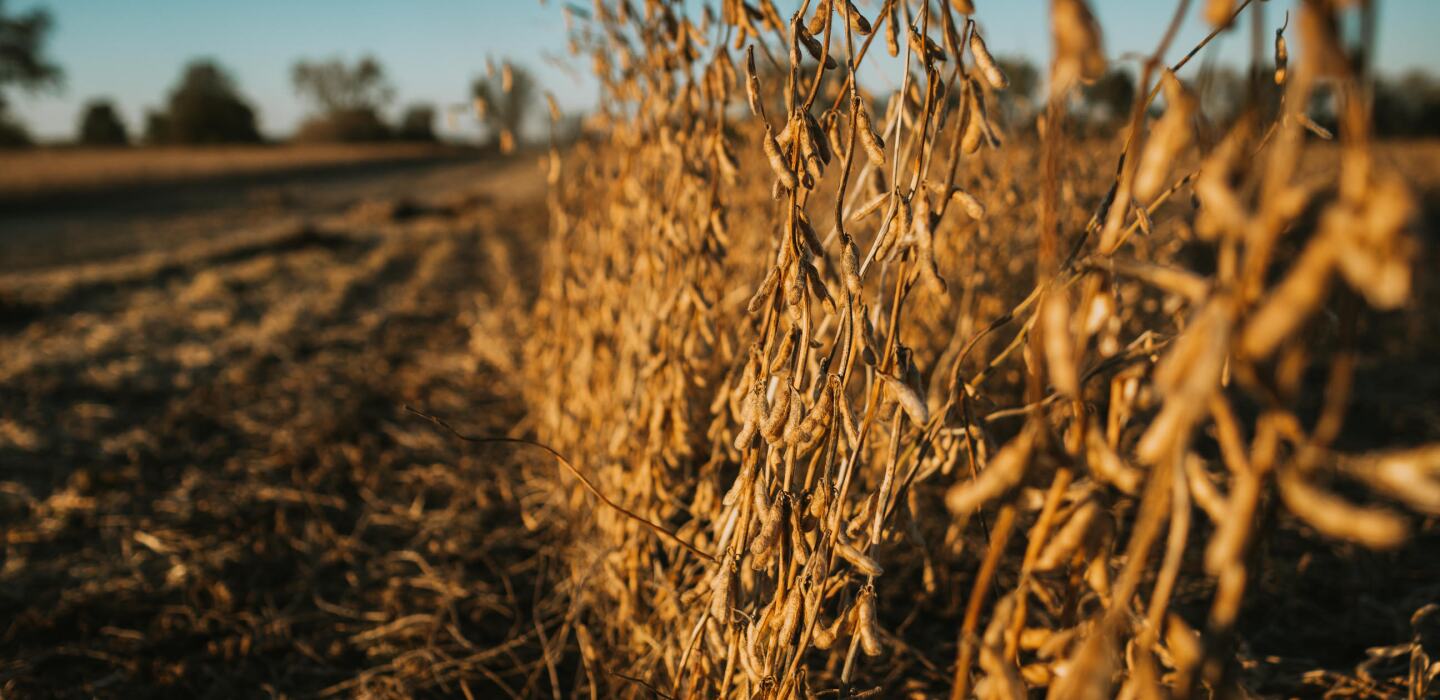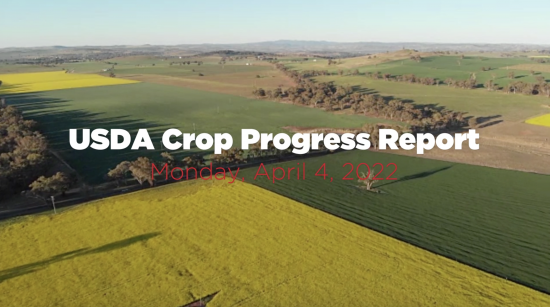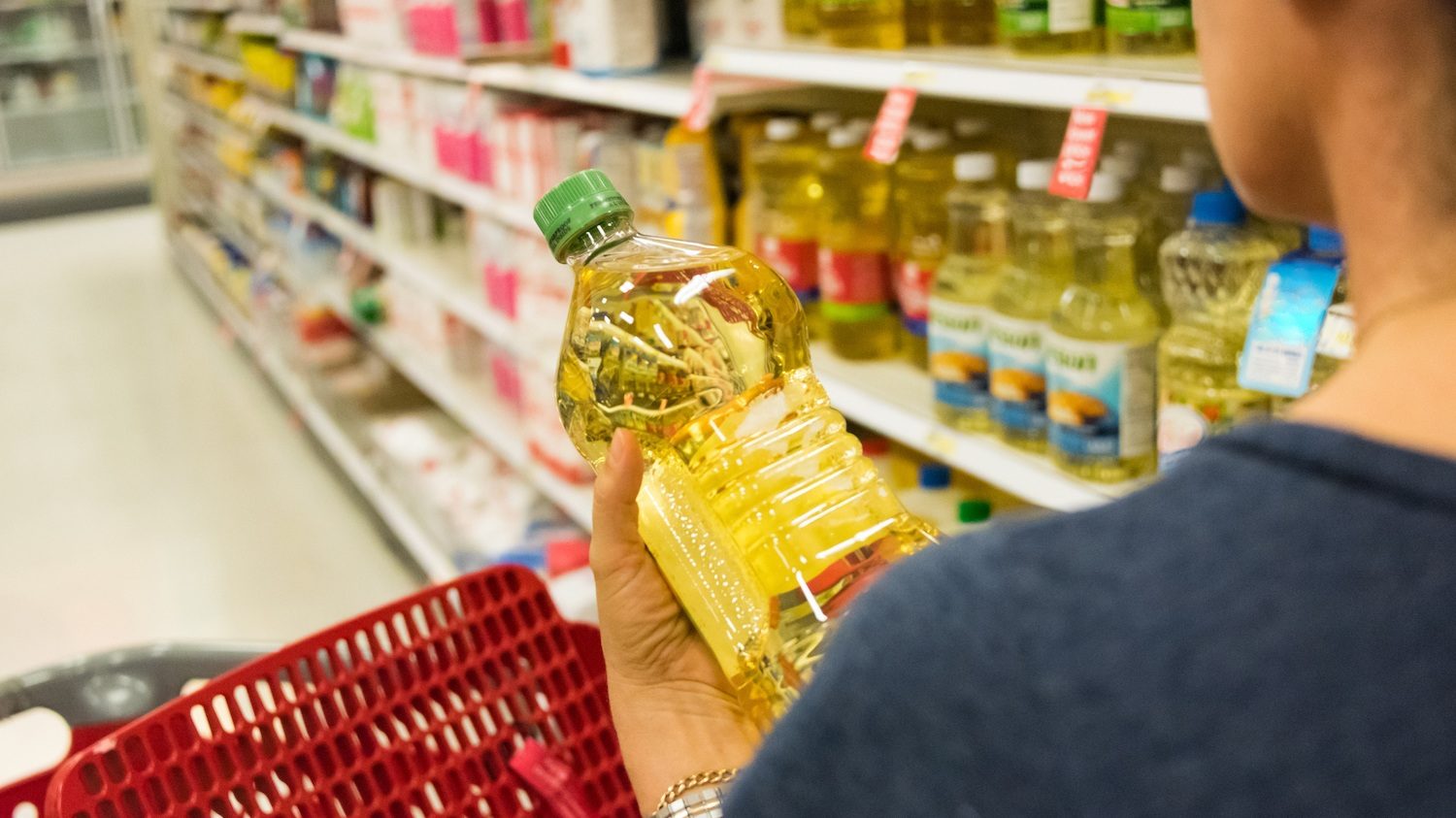04/23/2022 SOURCE: flip.it
Soybean oil prices soared to a record high on Friday as Indonesia's decision to effectively ban exports of palm oil heightened concerns about already depleted global supplies of alternative vegetable oils.
Soyoil surges to record high as Indonesia bans palm oil exports
-
(0)
-
Bookmark
- Comments. (0)
 Nancy Kavazanjian
Nancy Kavazanjian
Topics: Soybeans, Food/Nutrition,
Soyfoods May Help Reduce Risk of Heart Disease and Overall Mortality - U.S. Soy
A recent research study in China about cardiovascular disease—the number one killer of Americans—found that eating even moderate amounts of soy was associated with a decreased risk of death and cardiovascular events.
-
(0)
-
Bookmark
- Comments (0)
 John LaRose Jr.
John LaRose Jr.
Topics: Corn/Maize, Soybeans, Agriculture US, Beef Cattle,
The suspended reality of spring for North Dakota farms
"When it comes down to it, all planting right now feels very 'prospective.' Something will go into the ground, but we don't know when and we don't completely know what. We're at the mercy of the weather, and we know well enough that we don't know what that will look like."
-
(1)
-
Bookmark
- Comments (0)
 Nancy Kavazanjian
Nancy Kavazanjian
Topics: Corn/Maize, Soybeans, Agriculture Global, Economics,
The Cure for Higher Prices? The Global Acreage Expansion Continues
Since 2020, global acreage has been expanding, especially for oilseeds. Here’s a look at global acreage expansion in 2022.
-
(0)
-
Bookmark
- Comments (0)
-
(0)
-
Bookmark
- Comments (0)
 Nancy Kavazanjian
Nancy Kavazanjian
Topics: Soybeans, Renewable Energy (Solar/Wind),
-
(1)
-
Bookmark
- Comments (0)
 Nancy Kavazanjian
Nancy Kavazanjian
Topics: Soybeans,
Soybean processing plant organizers plan meetings in Casselton, ND
The soybean plant at Casselton, North Dakota, is expected to crush 42.5 million bushels of soybeans in the first year and is a joint venture between the Minnesota Soybean Processors and Louisiana-based CGB Enterprises. Together, they own North Dakota Soybean Processors, which is holding informational sessions on April 12-13.
-
(0)
-
Bookmark
- Comments (0)
 Nancy Kavazanjian
Nancy Kavazanjian
Topics: Soybeans, Commodity/Trade Groups,
-
(0)
-
Bookmark
- Comments (0)
04/05/2022 SOURCE: www.agriculture.com
The report today pegged corn planted at 2%, which matches the prior five-year average pace.
USDA Crop Progress Report | April 4, 2022
-
(0)
-
Bookmark
- Comments. (0)
 Nancy Kavazanjian
Nancy Kavazanjian
Topics: Soybeans, Food/Nutrition,
War, weather, and Covid-19 are rekindling the food vs. fuel debate
Cooking oil prices have nearly tripled since 2020, heating up the conversation around how we use our finite supply of soy and corn.
-
(0)
-
Bookmark
- Comments (0)




